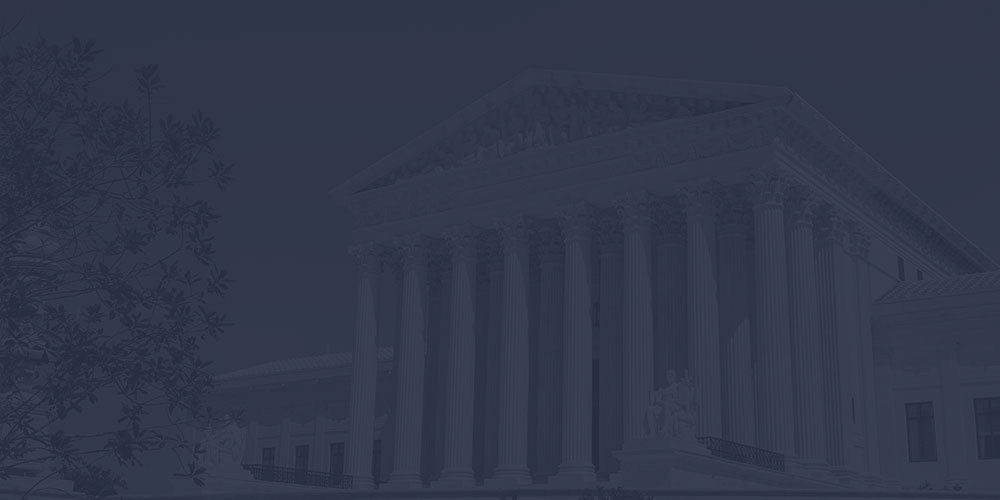Until recently, Illinois was one of sixteen states not allowing the recovery of punitive damages in wrongful death and survival claims. The right to recover punitive damages belonged to the injured person alone and that right ended upon death of the injured person. In 2009, the Illinois Supreme Court in Marston v. Walgreen Company (vacating a $25 million punitive damage award) stated that, “actions for punitive damages will not survive the death of the original plaintiff unless the legislature specifically authorizes such an action or there are strong equitable reasons for allowing the recovery of punitive damages.” The Illinois legislature has now responded to the Supreme Court’s perceived challenge.
House Bill 219, signed by Governor J.B. Pritzker on August 11, 2023, allows for the recovery of punitive damages by a surviving spouse and next of kin in wrongful death and survival claims. The Bill, which originally started as an amendment to the Uniform Interstate Depositions and Discovery Act, amends 740 ILCS 180/1 and 740 ILCS 180/2 (Wrongful Death Act), as well as 755 ILCS 5/27-6 (The Probate Act of 1975). The statute now allows for punitive damages, when applicable, in addition to the recovery of damages for grief, sorrow, and mental suffering. The amendments set forth no monetary cap on the punitive damages recoverable in a case.
The punitive damage amendment to 740 ILCS 180/1 and 180/2 applies to actions filed on or after August 11, 2023. The amendment to the Probate Act takes effect on August 11, 2023. None of the amendments to the Wrongful Death Act or Probate Act allow for punitive damages “in an action for healing arts malpractice or legal malpractice or in an action against the State or unit of local government or an employee of the State or an employee of a unit of local government in his or her official capacity.”
House Bill 219 made no procedural changes to the introduction of punitive damages in a case. 735 ILCS 5/2-604.1 still dictates that no Complaint in a negligence or product liability case “shall be filed containing a prayer for relief seeking punitive damages.” A plaintiff wishing to add a prayer for punitive damages must file a motion for leave to amend no later than 30 days after the close of discovery. Plaintiff must convince the court at a hearing “of a reasonable likelihood of proving facts at trial sufficient to support an award of punitive damages.”
Opponents of House Bill 219 argued, among other things, that the amendments presented adverse implications for insurance premiums, litigation costs, business viability in general, and small business viability in particular. Although punitive damages are not generally insurable under Illinois law, the law is less clear on the issue of vicarious liability. The new amendments will likely face constitutional challenges in practice, including violation of the three-readings rule contained in Article IV, Section 8(d) of the Illinois Constitution.
Article written by Attorney Jim Gottschalk | Gausnell, O’Keefe & Thomas, LLC



